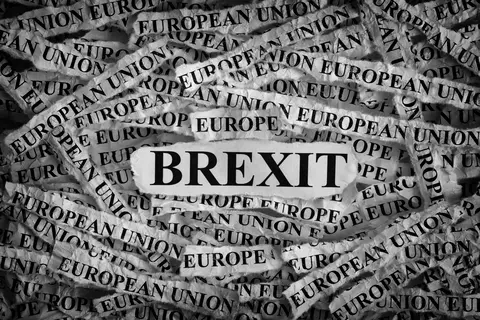
Government Failure
Government Failure
Government intervention to resolve market failures, and to manage the macroeconomy, can fail to achieve a socially efficient allocation of resources. Government failure is commonly defined as a situation where government intervention in the economy creates inefficiency and leads to a misallocation of scarce resources.
Examples of government failure include:
Distortion of the price mechanism
Intervention through taxation, through subsidisation, or via other interventions can result in a distortion of markets and a weakening of the operation of the price mechanism. Taxes and subsidies on goods and services can artificially raise or lower prices and distort how markets work to allocate scarce resources.
Direct taxation can create a disincentive effect for households and firms. We have seen that taxes on harmful demerit goods, where demand is inelastic, may simply mean that more income is allocated to expenditure on harmful goods, and hence less income is available for spending on beneficial goods.
The same is possible with the imposition of a minimum price, such as the one on alcohol, where spending is distorted with the consumer allocating more income to alcohol rather than less.
Subsidies can be criticised as they can encourage the wasteful misuse or over-use of scarce resources. For example, free healthcare can result in doctors’ waiting rooms becoming become full with the malingerers and the so-called ‘worried well’. This can result in a waste of public resources and a denial of access to these services by those in genuine need.
Subsidies may also protect inefficient firms from open competition as well as creating artificial barriers to entry for new firms – given that prices are kept ‘artificially’ low. Subsidies, and other assistance, can lead to the wider problem of moral hazard.
Taxation can also distort behaviour by encouraging people to either avoid taxes (which is the attempt to find legal loopholes in the tax system) or evade taxes (which is illegal) through criminal activity such as smuggling and the use of black markets.
Governments can also fix prices, such as minimum and maximum prices, but this can create distortions which can lead to:
- Shortages, which may arise when government fixes price below the market rate. Because public healthcare is provide free at the point of consumption there will be long waiting lists for treatment.
- Surpluses, which may arise when government fixes prices above the natural market rate, as supply will exceed demand. For example, guaranteeing farmers a high price encourages over-production and wasteful surpluses. Setting a ‘minimum wage’ is likely to create an excess of supply of labour in markets where the ‘market clearing equilibrium’ is less than the minimum.
Costs of administration
Excessive bureaucracy is also a potential government failure. This is caused by the public sector when it tries to solve the principal-agent problem. Government must appoint bureaucrats to ensure that its objectives are pursued by the managers of public sector organisations, such as the NHS.
Intervention through the imposition of taxes, or through legislation incurs various administration costs. Taxes must be collected through government departments, including Her Majesty’s Customs and Excise (HMRC) and laws must be enforced through the legal system. Both of these incur considerable costs.
Imperfect knowledge
Information failure is also an issue for governments, given that government and policy makers do not necessarily ‘know’ enough to enable them to make effective decisions about the best way to allocate scarce resources.
Government intervention requires decisions to be made about the degree of intervention and its timing. In order to prevent or reduce market failures, tax rates need to be set and level of subsidies and minimum prices must be decided. However, governments and agencies do not have access to all the knowledge that it required to set the necessary rate or level to achieve the desired outcome. For example, if the government wishes to get 3 million students to attend university each year it may decide to subsidise tuition fees, but it is highly unlikely that it could achieve such a target with precision.
Many economists believe in the efficient market hypothesis, which assumes that the market will always contain more information than any individual or government. The implication is that market prices and market movements should be free from interference because markets cannot be improved upon by individuals or governments.
Critics of intervention and supporters of free markets, such a Hayek, argue that it is impossible for a group of planners to have as much knowledge as is contained within a free market, and that government intervention almost inevitably is less efficient as compared with allowed resources to be allocated through freely interacting market forces.
Law of unintended consequences
Finally, and related to the idea of information gaps, is idea that intervention can result in outcomes which were entirely unplanned and unpredicted. Traffic calming measures may encourage drivers to speed up in areas or stretches of roads between speed bumps, cameras or warning signs – with a result that ‘average’ speeds increase. This resulted in new systems which track average speeds. However, in an average speed area drivers may drive a below the speed limit so that they can speed up along other parts of the journey.
When assessing any intervention in the micro or macroeconomy government failures are a common source of evaluation points.


